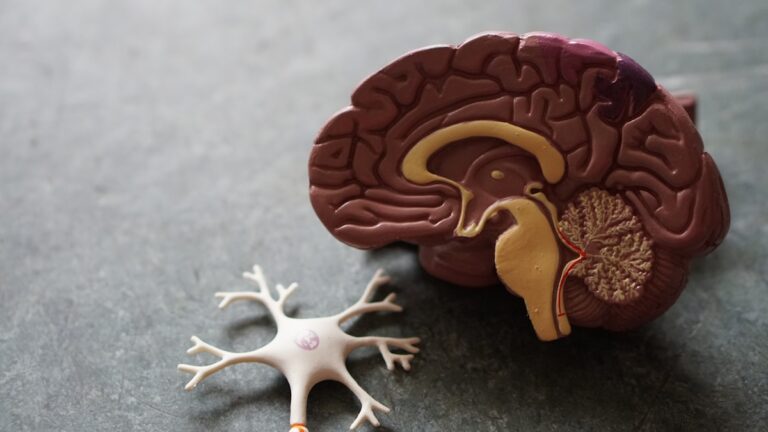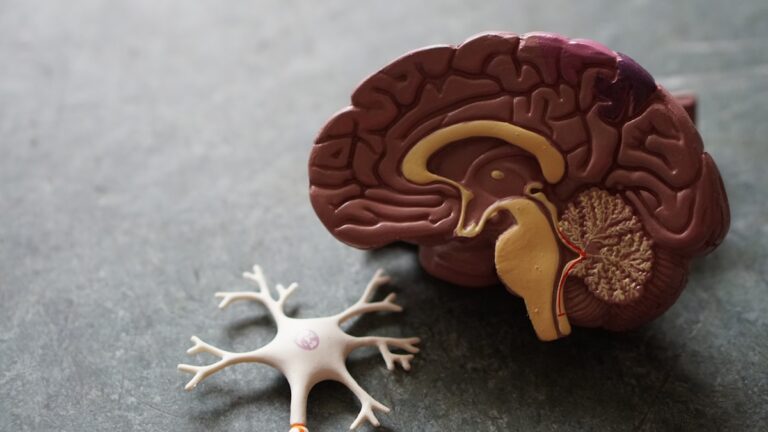**Why Your Dislike of Glitter Might Be a Sign of Sensory Overload**
Have you ever felt overwhelmed by the sight or touch of glitter? Maybe it makes you feel anxious or stressed. You’re not alone. Many people, especially those with conditions like autism or ADHD, can experience sensory overload from things like glitter. But what exactly is sensory overload, and how does it relate to your dislike of glitter?
### What is Sensory Overload?
Sensory overload happens when your brain has trouble processing all the information it’s getting from your senses. This can be from sights, sounds, smells, tastes, or even textures. For some people, certain things like bright lights, loud noises, or strong smells can be too much for their brain to handle.
### How Does Glitter Fit In?
Glitter is a great example of something that can cause sensory overload. It’s shiny, colorful, and can be very tactile, which means it involves touch. When you see or touch glitter, it can be like a burst of sensory information that your brain isn’t sure how to handle. This can make you feel anxious or stressed because your brain is working hard to process all the new information.
### Why Do Some People Hate Glitter?
For some people, the dislike of glitter is more than just a preference. It can be a sign that their brain is struggling with sensory overload. Here are a few reasons why:
1. **Too Much Information**: Glitter is full of tiny, shiny pieces that catch your eye and can be very distracting. This can be overwhelming for someone who already has trouble processing sensory information.
2. **Tactile Sensitivity**: Some people are very sensitive to touch, and the texture of glitter can be uncomfortable or even painful. This sensitivity can make them avoid anything that involves glitter.
3. **Visual Overload**: The bright colors and shiny surface of glitter can be too much for some people’s eyes. It’s like looking at a thousand tiny mirrors all at once, which can be very overwhelming.
### What Can You Do If You Hate Glitter?
If you find that glitter makes you feel anxious or stressed, there are a few things you can do to help manage your sensory overload:
1. **Avoid It**: If possible, try to avoid situations where you might encounter glitter. This could mean skipping certain activities or avoiding certain places.
2. **Use Protective Gear**: If you can’t avoid glitter, consider using protective gear like gloves or a mask to reduce your exposure.
3. **Find Alternatives**: There are many other ways to have fun and be creative without using glitter. You might enjoy activities like painting, drawing, or even just playing with playdough.
4. **Seek Support**: If your dislike of glitter is part of a larger issue with sensory overload, consider seeking support from a healthcare professional. They can help you develop strategies to manage your sensory experiences.
### Conclusion
Your dislike of glitter might seem like a small thing, but it could be a sign of a bigger issue with sensory overload. By understanding why you might feel this way and taking steps to manage your sensory experiences, you can make your life easier and more enjoyable. Remember, it’s okay to ask for help and to prioritize your own comfort and well-being.





